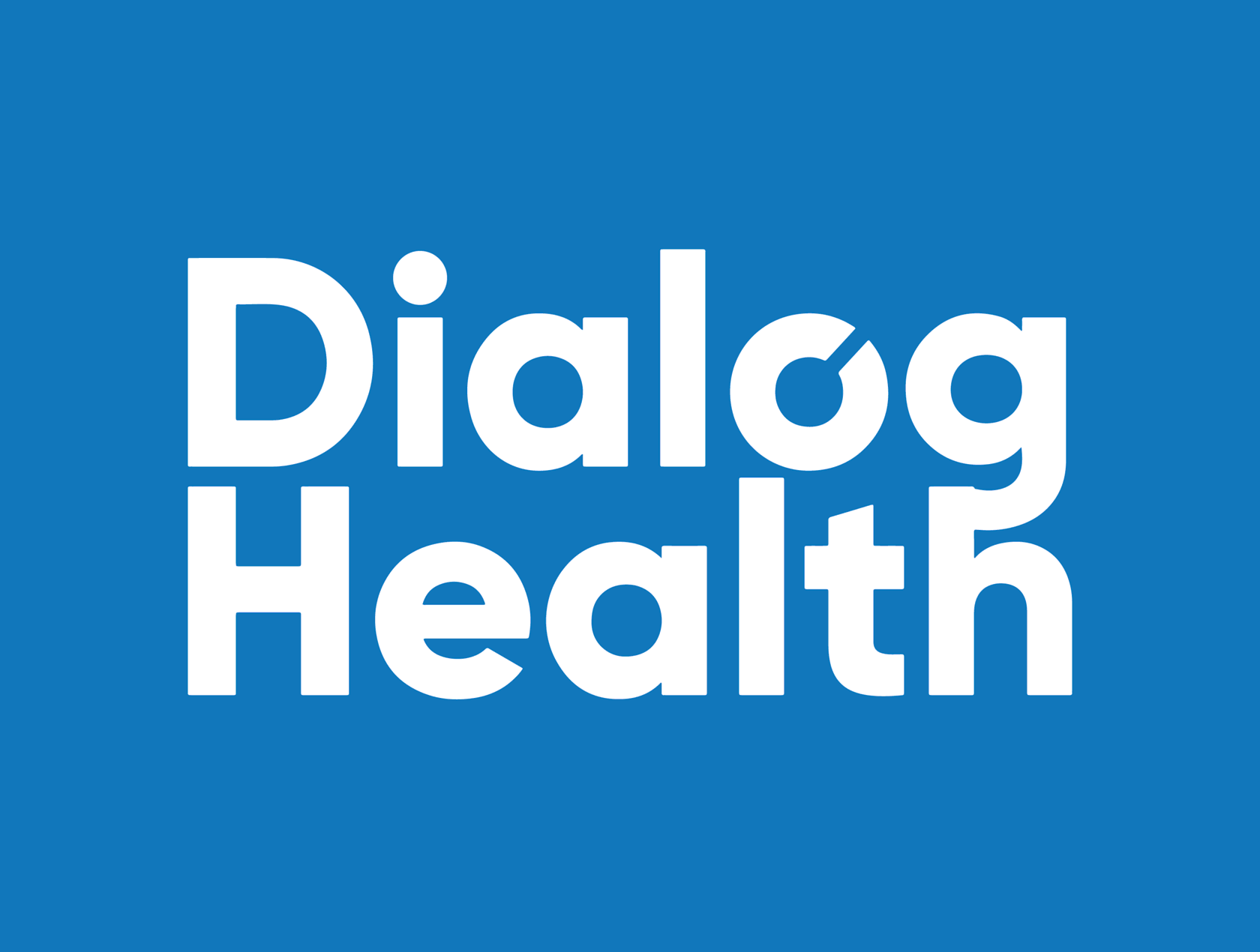- Germany
- Healthcare
- 20 delegates
- September 2024
From 17 to 19 September 2024, Dialog Health, in partnership with ANAP (National Agency for Health and Medical-Social Performance), organized a study visit to Berlin on the theme of sustainable development in hospitals. This event enabled an international delegation to discover the pioneering initiatives of German hospitals, leaders in the ecological management of healthcare.
From 17 to 19 September 2024, Dialog Health, in partnership with ANAP (Agence Nationale de la Performance Sanitaire et Médico-Sociale), organized a study visit to Berlin on the theme of sustainable development in hospitals. This event enabled an international delegation to discover the pioneering initiatives of German hospitals, leaders in the ecological management of healthcare.
The mission began with a meeting with the Deutsche Krankenhausgesellschaft (DKG), the federal association representing German hospitals. With 28 member associations, the DKG plays a crucial role in representing the interests of hospitals to the federal authorities. It plays a key role in shaping healthcare policy in Germany, particularly in the context of the ecological transition of healthcare establishments.
The afternoon was devoted to a presentation of the North Rhine-Westphalia Hospital Association (KGNW) and the KLIK Green project, a federal initiative to involve 250 hospitals and rehabilitation clinics in reducing CO2 emissions. This innovative project trains ‘climate managers’ within the participating establishments, who are responsible for defining and implementing precise targets for reducing emissions. The aim is to prevent the emission of 100,000 tonnes of CO2 equivalent through various ecological measures.
The Charité Université Hospital, recognized as one of the best teaching hospitals in the world, welcomed the delegation on the second day. This medical centre is a model of sustainable waste management, with the capacity to sort 65 distinct waste fractions, a large proportion of which is recycled. By limiting hazardous waste to 2%, the Charité is putting in place a set of best practices in integrating sustainable development at the heart of healthcare.
The delegation then visited the Havelhöhe hospital, an establishment that embodies an innovative approach to sustainable medicine. Building on its success in reducing its CO2 emissions by 70% by 2020, the hospital has taken the next step by focusing on 100% fossil-free energy production and overhauling all its internal processes to minimise environmental impact.
The final leg of the mission took the delegation to the Hubertus Evangelical Hospital. This establishment has distinguished itself by its partnership with SPIE Energy Solutions, which has led to a reduction of more than 30% in its energy consumption and 37% in its CO2 emissions. The hospital has been awarded the BUND Energy-Saving Hospital label and is a true champion of energy saving in the healthcare sector.
The fact-finding mission gave participants an insight into best practice in sustainable development in German hospitals. Each establishment visited demonstrated that significant efforts can be made to integrate environmental protection into the medical sector, while ensuring quality care.
The mission began with a meeting with the Deutsche Krankenhausgesellschaft (DKG), the federal association representing German hospitals. With 28 member associations, the DKG plays a crucial role in representing the interests of hospitals to the federal authorities. It plays a key role in shaping healthcare policy in Germany, particularly in the context of the ecological transition of healthcare establishments.
The afternoon was devoted to a presentation of the North Rhine-Westphalia Hospital Association (KGNW) and the KLIK Green project, a federal initiative to involve 250 hospitals and rehabilitation clinics in reducing CO2 emissions. This innovative project trains ‘climate managers’ within the participating establishments, who are responsible for defining and implementing precise targets for reducing emissions. The aim is to prevent the emission of 100,000 tonnes of CO2 equivalent through various ecological measures.
The Charité Université Hospital, recognized as one of the best teaching hospitals in the world, welcomed the delegation on the second day. This medical centre is a model of sustainable waste management, with the capacity to sort 65 distinct waste fractions, a large proportion of which is recycled. By limiting hazardous waste to 2%, the Charité is putting in place a set of best practices in integrating sustainable development at the heart of healthcare.
The delegation then visited the Havelhöhe hospital, an establishment that embodies an innovative approach to sustainable medicine. Building on its success in reducing its CO2 emissions by 70% by 2020, the hospital has taken the next step by focusing on 100% fossil-free energy production and overhauling all its internal processes to minimise environmental impact.
The final leg of the mission took the delegation to the Hubertus Evangelical Hospital. This establishment has distinguished itself by its partnership with SPIE Energy Solutions, which has led to a reduction of more than 30% in its energy consumption and 37% in its CO2 emissions. The hospital has been awarded the BUND Energy-Saving Hospital label and is a true champion of energy saving in the healthcare sector.
The fact-finding mission gave participants an insight into best practice in sustainable development in German hospitals. Each establishment visited demonstrated that significant efforts can be made to integrate environmental protection into the medical sector, while ensuring quality care.
Inscrivez vous à notre newsletter
Une fois par mois, restez informé de l'actualité de nos voyages d'étude santé et médico-social.
En cliquant sur le bouton vous acceptez nos termes et conditions.
Photos
Voyages d'étude récents


